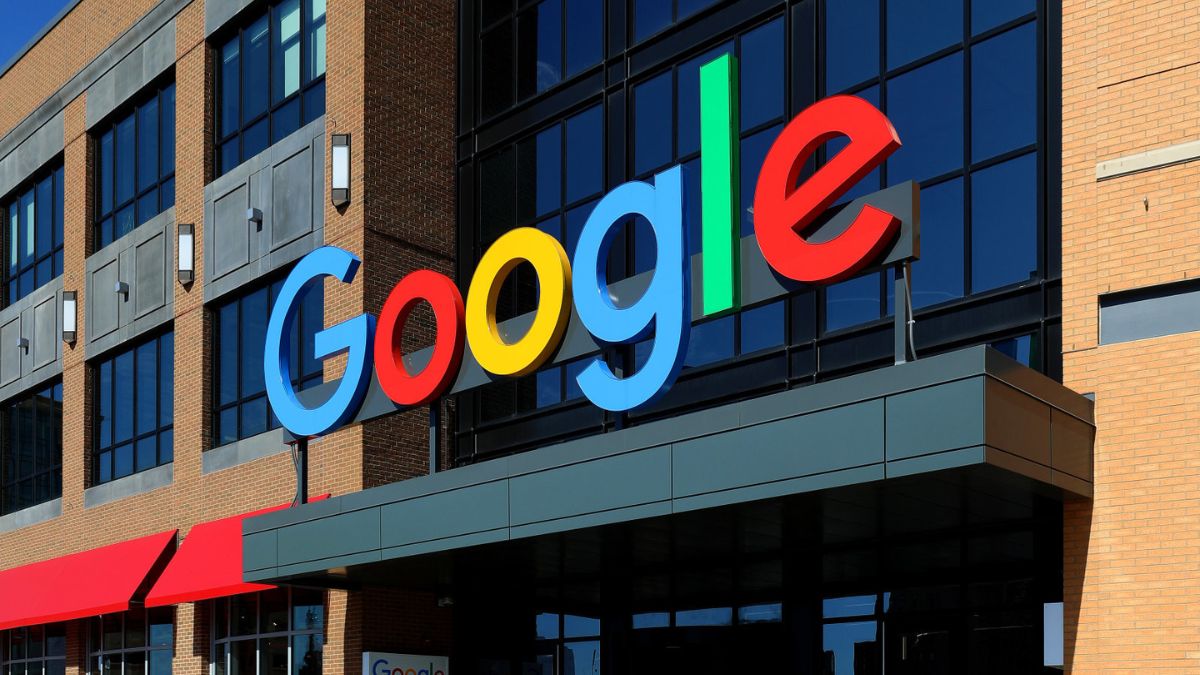Necessary Always Active
Necessary cookies are required to enable the basic features of this site, such as providing secure log-in or adjusting your consent preferences. These cookies do not store any personally identifiable data.
|
||||||
|
||||||
|
||||||
|

A United States federal jury has ruled that Alphabet’s Google must pay $425 million in a class action lawsuit over data collection practices, according to Reuters. The decision, delivered in San Francisco on September 3, 2025, found that Google tracked users after opt-out verdict, raising significant concerns about corporate accountability in digital privacy management.
The legal proceedings, which commenced in July 2020, centered on claims that Google tracked users after opt-out verdict mechanisms were activated. The case encompassed approximately 98 million individual users and affected 174 million devices throughout the United States, representing one of the largest digital privacy class actions in recent history.
Technical evidence presented during the trial revealed that Google allegedly continued data collection processes even when users disabled the “Web & App Activity” setting within their account preferences. The federal jury orders Google to pay for privacy breach despite the company’s defense that collected data remained pseudonymous and could not be linked to specific individual identities.
The jury reached liability determinations on two of three privacy violation charges presented. Notably, jurors concluded that evidence did not support claims of malicious intent, thereby limiting the financial penalty to compensatory damages rather than punitive measures. This technical distinction significantly reduced the final award from the plaintiffs’ original demand exceeding $31 billion.
Key technical aspects of the case included:
This Google privacy lawsuit verdict contributes to an expanding portfolio of legal challenges confronting Google’s data handling methodologies in the United States. The company previously resolved a separate privacy dispute with Texas state regulators for nearly $1.4 billion earlier in 2025. Additionally, in April 2024, Google agreed to eliminate billions of data records associated with Chrome browser’s private browsing functionality.
Following the jury’s determination, a Google spokesperson stated, “We believe this verdict misunderstands how our products work, and we plan to appeal.” This response indicates the company’s intention to challenge the decision through appellate procedures.
The Google class action ruling demonstrates increasing judicial and regulatory scrutiny regarding transparency in privacy control mechanisms. Legal experts anticipate this decision will influence how technology corporations architect consent frameworks and communicate privacy functionality to end users across the United States market. On September 3, 2025, U.S. court verdict on Chrome-Android antitrust case. Judge Mehta also ruled that Google can keep its Android operating system. The Chrome browser and the Android operating system enable the search giant to dominate the online advertising market.
For enterprise decision-makers, this Google privacy lawsuit verdict underscores the critical importance of aligning actual data collection practices with user-facing privacy controls. Organizations operating digital platforms or utilizing third-party data aggregation services must ensure their privacy settings accurately reflect backend data processing activities and remain defensible under legal examination. In August, 2025, CCI launched an investigation into Google’s online Ad practices.
The ruling signals a fundamental shift in how courts evaluate opt-out mechanisms and user consent frameworks. Technology leaders and digital services executives should interpret this case as establishing new benchmarks for privacy compliance standards. Google must pay $425 million for privacy violations serves as a concrete example of the financial consequences associated with privacy control misalignment.
The federal jury’s decision against Google highlights substantial financial and reputational risks facing corporations that fail to synchronize user privacy configurations with actual data processing operations. While the $425 million settlement represents a significant reduction from requested damages, this precedent establishes important legal parameters for future privacy litigation in the technology sector.
This landmark case will likely serve as a reference framework for corporate compliance strategies and privacy engineering decisions across the business-to-business technology ecosystem.